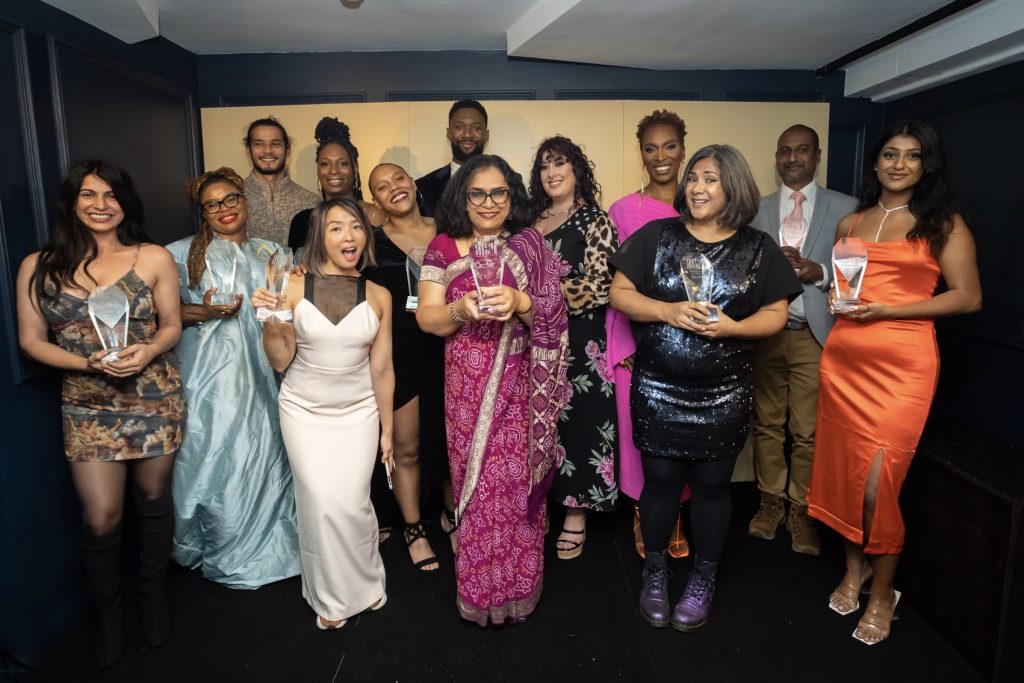Diversity in Hospitality: Key Lessons from Recent Events

In the wake of a recent media storm surrounding Thomas Straker’s all-white, all-male chef brigade at his restaurant, the hospitality industry has been forced to confront Diversity and Inclusion once more. This incident sparked a viral response on social media and garnered national media attention. In this blog, we at Be Inclusive Hospitality delve into four essential lessons to be taken away, shedding light on the importance of Diversity and Inclusion in the hospitality sector.
Emphasise Equity and Inclusion, Not Just Numbers:
Thomas Straker stated that his employees include “40% women and eight nationalities”, which raises an important distinction between Diversity and Inclusion. Simply having a diverse workforce in terms of numbers does not guarantee true progress. Often companies use the number of nationalities within the workforce without consideration that these nationalities are often European nations and, in fact, there is very little inclusion of ethnic minorities, especially across any roles other than entry level.
This takes place in London, one of the biggest and most diverse cities; thus, it is important to note that when Diversity is limited to certain roles or career levels, it falls short of genuine inclusivity. To succeed, hospitality businesses must strive for diversity at all levels, including management and pay grades, promoting equity and inclusion.
Take Accountability for Driving Change:
In response to the backlash, Thomas urged others to provide CVs of suitable chefs and referred to the chef shortage. This highlights the importance of accountability.
Leaders with hiring responsibilities must hold themselves accountable when selecting recruitment channels. Often, these conventional channels harbour biases and lead to repetitive outcomes.
Leaders would look to explore alternative recruitment channels if these channels did not yield applicants with the skill set required. The same approach should be taken if those recruitment channels constantly source pools of applicants that lack Diversity. That is if Diversity and Inclusion is important to those leaders and the companies they belong to.
Businesses cannot expect to achieve Diversity and Inclusion by sticking to the usual recruitment channels. Recognising and confronting biases is also essential to make meaningful strides forward.
Responding to Challenges: It’s not always what happens; it’s how you react:
The negative headlines were not just about the initial picture but more about how Thomas reacted.
Mistakes can happen in the journey towards inclusivity, but how businesses respond to these challenges truly matters. Reacting with education, empathy, and a commitment to do better can positively shape a company’s reputation and culture.
Many businesses in hospitality are on a journey towards Diversity and Inclusion. Some at the very start and others further down the road. It is important to approach this problem with an open mind, open heart and be prepared to self-scrutinise to improve and move forward.
The Ongoing Need for Race Inclusion Initiatives:
Articles published about this incident have focused on the lack of women in the kitchen, and there remains a need for similar attention on racial diversity . This highlights the importance of organisations like Be Inclusive Hospitality, which offers research, workshops, training, consultancy, and mentorship programs. Additionally, Be Inclusive Hospitality recognises talented People of Colour within the industry via the BIH Spotlight Awards. The media storm further underscores the necessity for us to continue this work.

The recent events surrounding Thomas Straker’s restaurant have brought the topic of Diversity in hospitality to the forefront. We can create a more Equitable and vibrant hospitality sector by recognising the distinctions between Diversity and Inclusion, holding ourselves accountable for driving change, responding thoughtfully to challenges, and supporting Inclusion initiatives such as ours. Embracing diversity isn’t just about numbers; it’s about building a culture of inclusivity and respect that benefits everyone involved in the industry.
Our hope is that together we can learn and pave the way for a more Inclusive hospitality industry for all.
Read here to learn more about how to partner with Be Inclusive Hospitality and work with us to build a more inclusive industry.
